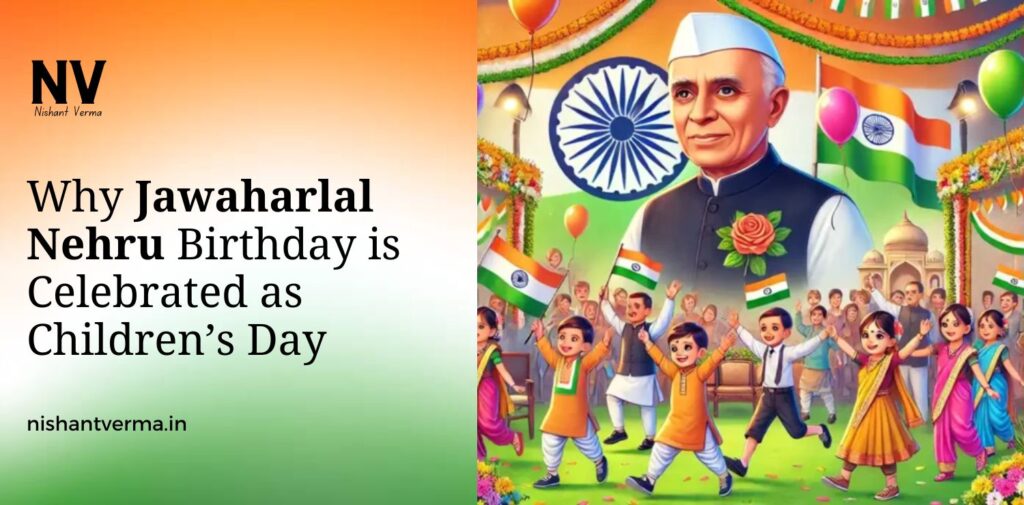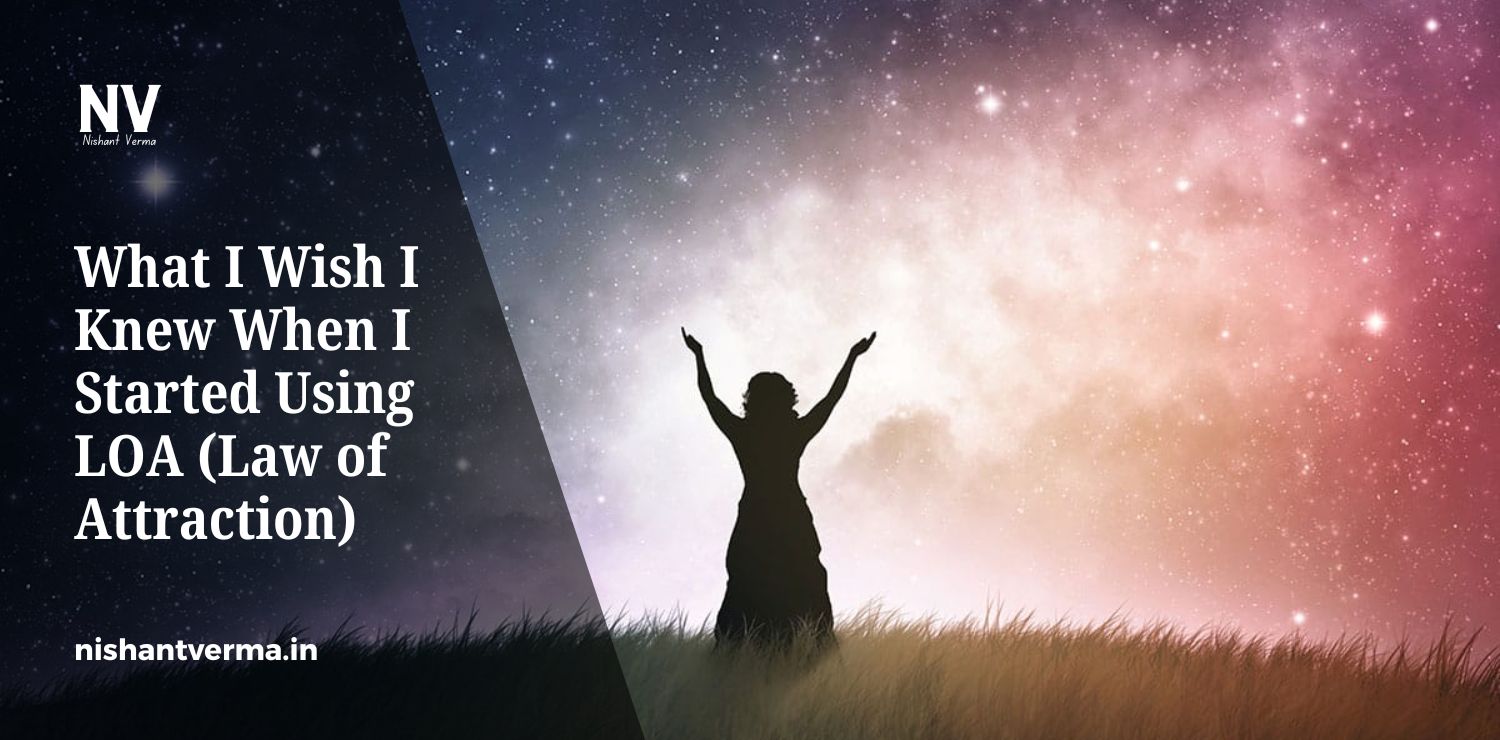Every year on November 14, India celebrates Children’s Day (also known as Bal Diwas). This special day, dedicated to the children of India, marks the birthday of Jawaharlal Nehru, the first Prime Minister of the country. The celebration of Children’s Day on this date holds deep significance, both in terms of Nehru’s love for children and his vision for their future. But why did Jawaharlal Nehru birthday come to be associated with a day for children? Let’s explore this fascinating story in detail.
The Importance of Jawaharlal Nehru in India’s History
Jawaharlal Nehru was not only the first Prime Minister of independent India, but he was also a visionary leader who played a major role in shaping the country’s future. Nehru believed that India’s progress and prosperity depended on the development of its children. He once famously said, “The children of today will make the India of tomorrow.” He strongly felt that if the country was to prosper and grow, the future generation needed to be given the right education, opportunities, and care.
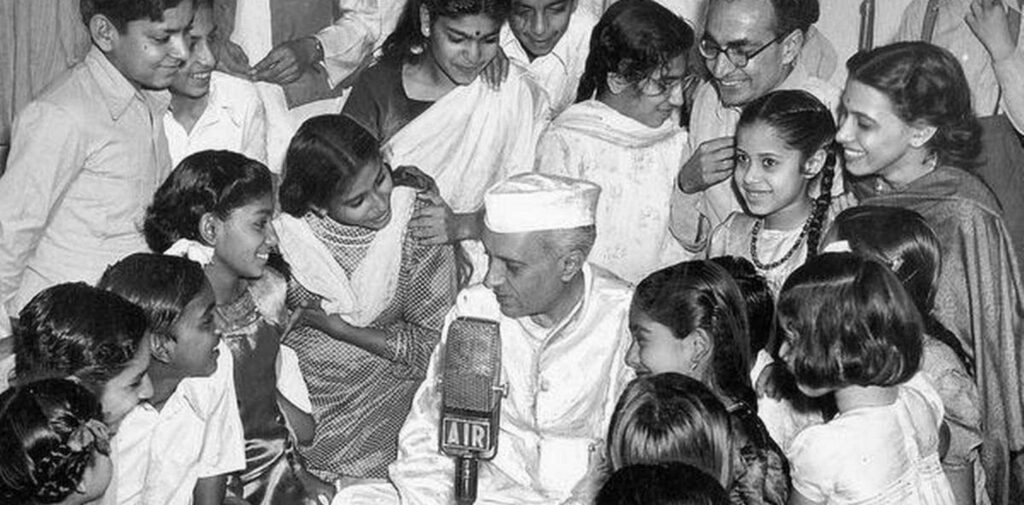
Nehru’s Love for Children
Nehru’s affection for children was well-known. His fondness for young minds was not limited to speeches or occasional gestures. He truly enjoyed spending time with children and considered them to be the nation’s most valuable asset. He believed that children were not just the leaders of tomorrow but also the creators of a better world in the future. His deep emotional connection with children earned him the affectionate title of Chacha Nehru (Uncle Nehru).
In his personal life, Nehru was often seen interacting with children, listening to their ideas, and engaging in discussions about their dreams and aspirations. His interest in their well-being extended to creating a society where children could grow up in a safe, nurturing environment. This vision was reflected in his policies, which focused on building schools, encouraging education, and making healthcare more accessible to young people.
Why Jawaharlal Nehru’s Birthday?
The decision to celebrate Children’s Day on Jawaharlal Nehru’s birthday, November 14, came after he died in 1964. After Nehru passed away, the Indian government wanted to honour his legacy, especially his work and commitment towards children. The government decided to dedicate his birthday to the cause of children and their rights. Since Nehru had worked so passionately for the betterment of children, it made perfect sense to link his birth anniversary with a day to raise awareness about children’s welfare and the importance of education.
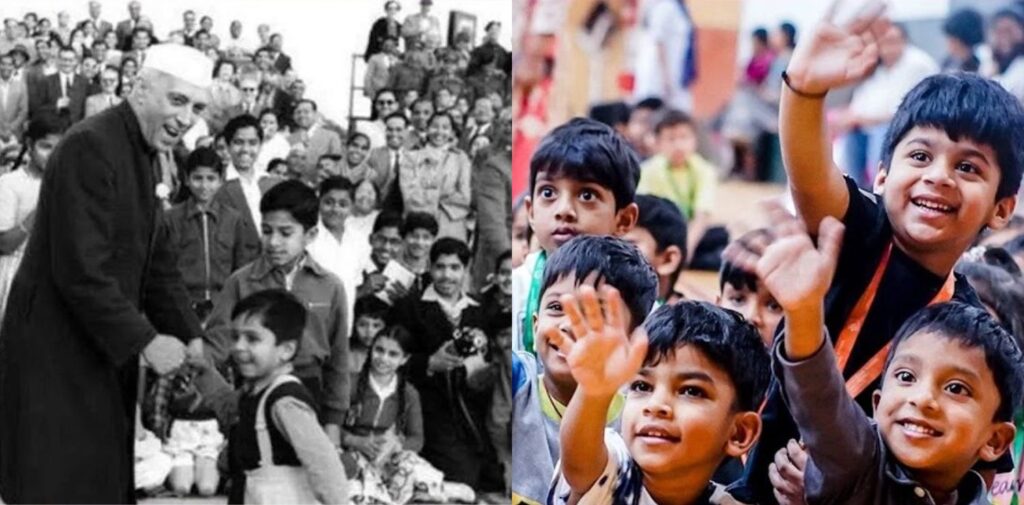
The Significance of Children’s Day
Celebrating Children’s Day on Nehru’s birthday serves as a reminder of the rights and needs of children. It’s a day when the country reflects on how much has been achieved for children and how much still needs to be done. While the day is filled with events and activities aimed at children, it also serves a greater purpose: to remind adults of their responsibility toward the younger generation.
Focusing on Education and Growth
One of the primary reasons Children’s Day is celebrated on November 14 is to honour Nehru’s emphasis on education as the foundation for a better future. Nehru believed that education should be accessible to all children, regardless of their social, economic, or cultural background. He advocated for universal education and saw it as the key to breaking the cycle of poverty and inequality in India.
Under Nehru’s leadership, significant reforms were made to improve the Educational system in India. His government established numerous schools, colleges, and universities across the country. Nehru also initiated scientific and technical advancements, aiming to make India a self-reliant nation in the future. His efforts to make education inclusive and wide-reaching laid the foundation for India’s modern educational infrastructure.
Promoting Children’s Rights
On Children’s Day, we are also reminded of the rights of children, which Nehru tirelessly advocated for. He believed that children should grow up in a society where they are protected from exploitation, where they have access to healthcare, and where they can enjoy their childhood free from hardship. The celebration of Children’s Day is a way to remind everyone—parents, teachers, and policymakers—that the welfare of children is paramount.
In the years following Nehru’s death, India has made significant progress in advancing the rights of children. Various acts and laws have been put in place to protect children from child labour, child marriage, and abuse. The Right to Education Act (RTE) passed in 2009, which guarantees free and compulsory education to children between the ages of 6 and 14, is one example of how Nehru’s vision is still being pursued.
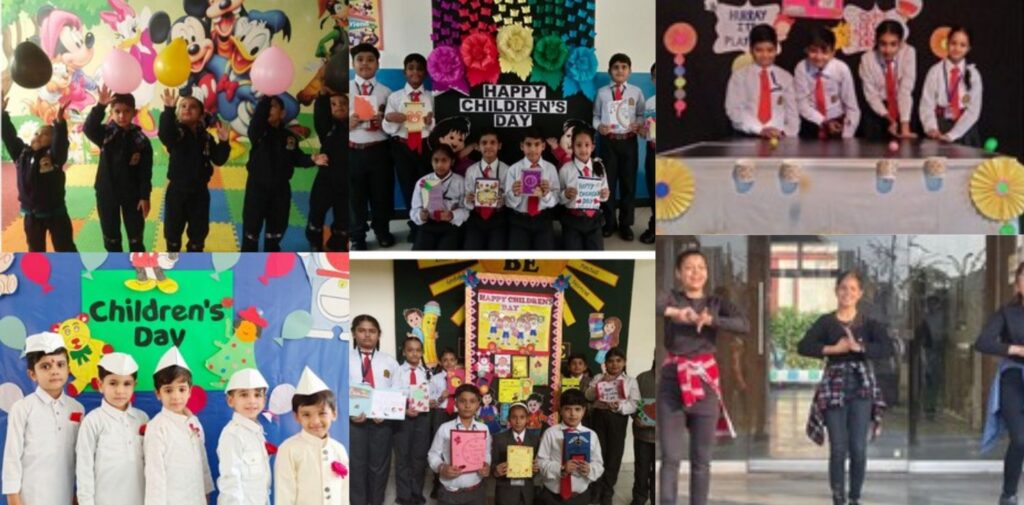
How is Children’s Day Celebrated?
Children’s Day in India is celebrated in schools, communities, and even government institutions across the country. The day is marked with special events, such as:
- Cultural Programs: Students perform songs, dances, plays, and skits on the importance of children and education.
- Competitions: Various competitions such as drawing, painting, and storytelling are held for children, encouraging creativity and expression.
- Gifts and Treats: Many schools and institutions organize treats, distribute sweets, and sometimes even give small gifts to children as a gesture of love and care.
- Educational Activities: On this day, schools also take the opportunity to educate students about the significance of the day and Nehru’s contributions to children’s welfare.
These activities help children feel valued and special, while also teaching them about the importance of the day and the legacy of Jawaharlal Nehru.
The Global Significance of Children’s Day
While Jawaharlal Nehru’s birthday is celebrated as Children’s Day in India, Universal Children’s Day is celebrated worldwide on November 20, marking the adoption of the UN Declaration of the Rights of the Child in 1959. This declaration highlights the need to ensure that children grow up in a healthy, safe, and educational environment. Thus, Children’s Day on November 14 is not only a day to remember Nehru’s contributions but also a day to acknowledge the global efforts made towards children’s welfare.
Nehru’s Legacy and the Future of Children’s Welfare
The legacy of Jawaharlal Nehru is alive today in the numerous efforts made to improve the lives of children in India. The country has made significant progress in areas like literacy, healthcare, and child nutrition. However, there are still challenges to overcome, including issues like child labour, malnutrition, and lack of access to quality education in rural areas.
Children’s Day is a reminder that the work started by Nehru is far from complete. It is a call to action for governments, communities, and individuals to ensure that every child receives the opportunities they deserve to grow, learn, and contribute to society. As Nehru once said, “The children of today will make the India of tomorrow,” and it is up to all of us to make sure they have the tools to do so.
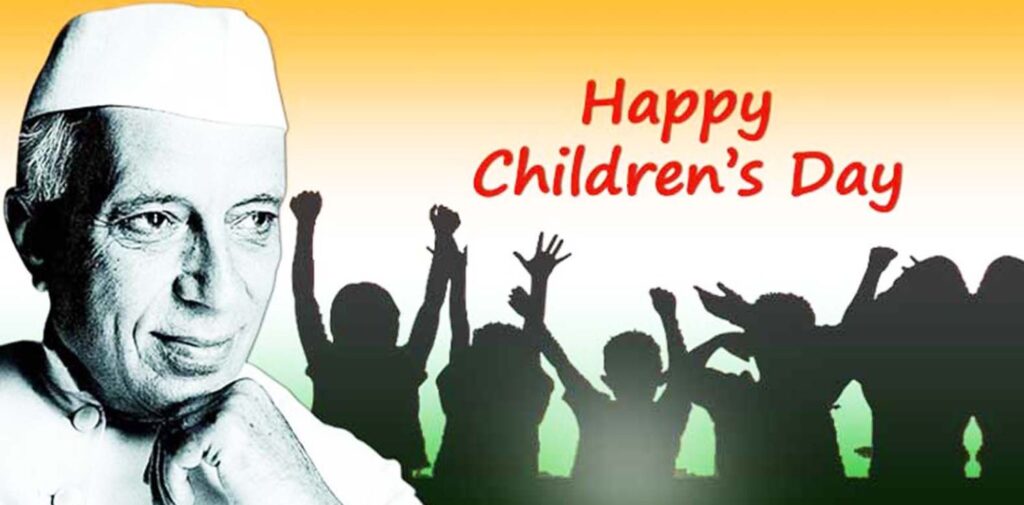
Conclusion: Jawaharlal Nehru Birthday
Jawaharlal Nehru’s birthday is celebrated as Children’s Day because of his deep love and concern for the well-being of children. He viewed children as the future of the nation and dedicated much of his life to improving their lives through education, rights, and opportunities. Celebrating Children’s Day on November 14 serves as a tribute to his vision and a reminder that the well-being of children should always be a priority for any society.
This day is not only a celebration but also a reflection of how far we have come and how much more needs to be done to ensure that every child in India and worldwide has the opportunity to grow up in a world full of possibilities. Jawaharlal Nehru’s vision continues to inspire us, and his legacy lives on through the smiles and dreams of children everywhere.

